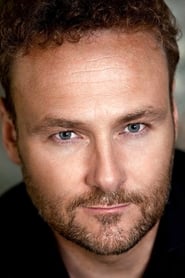
Conductors Andris Nelsons, Klaus Mäkelä, Riccardo Chailly, and Petr Popelka will take turns conducting the four movements of Beethoven's Symphony No. 9. This concert event celebrates the bicentennial of the premiere of Beethoven's masterpiece.
No Trailers found.

Herself - soprano

Herself - mezzo-soprano

Herself - Tenor

Himself - bass

Herself - host

Himself - host